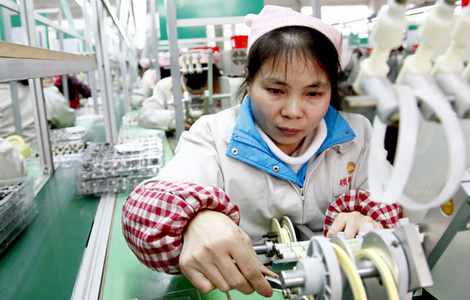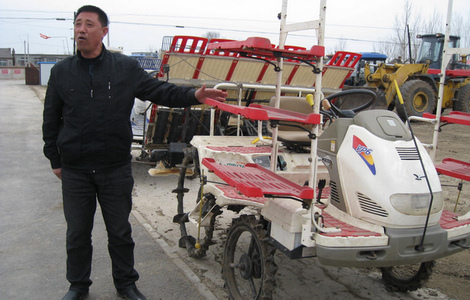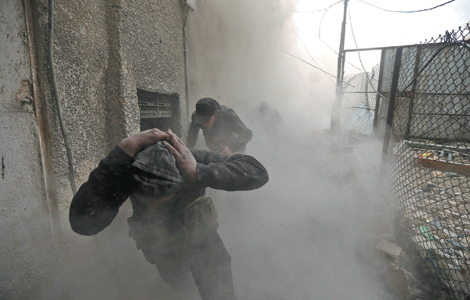Proposals from new members
Updated: 2013-01-06 17:08
By Zhao Qian (chinadaily.com.cn)
|
|||||||||||
"Do you have any proposals? What's your focus?" These were the sorts of questions that some new young members were asking each other at a get-together just before the first session of the 12th Dalian conference, as a part of the national Chinese People's Political Consultative Conference (CPPCC). There were 550 members at the conference, 292 of them new faces.
One of these new Dalian CPPCC members, Xing Yan, was keeping a close eye on women's rights because, at work, he had heard female employees complaining a lot about how enterprises did not abide by national rules and regulations on reproductive rights and things like maternity leave, maternity pay, and child-birth costs.
So, Xing spent over half a year getting information from dozens of female workers, first-hand, along with materials, and according to his informal investigation, found that some enterprises were refusing to hire pregnant women, or were transferring pregnant female workers to others positions, or even firing them for various violations. This left many female workers to face pregnancy unemployed.
In commenting on his study, Xing explained, "Even though the city has seen great progress in women's rights and protecting them, some special labor protection rights are often ignored and women's awareness of the right to these protections is relatively weak, especially in remote areas."
Meanwhile, another member, Zhou Li, from Zhuanghe, is interested in promoting the "Whole Area Urbanization" program in Dalian and said he expects that Zhuanghe can enjoy some preferential treatment under the Whole Area Urbanization plan, because it has plans for several parks. .
One other new member of the Dalian CPPCC, Hua Yuxia, has her focus on developing "private medical institutions", but, because medical services in Dalian are mostly small, scattered, and disorderly, it has an adverse effect private medical facility development. Hua suggested that they support the development of medical facilities funded by other sources of capital and with different standards. .
In planning new regional health and medical facilities, they need sufficient space for private hospitals and need to provide certain resources, Hua explained. In addition, they need controlled medical resource allocation, specialization of hospitals, and a service goal to allow the capital to be used in places where there's a shortage of medical facilities.
Hot Topics
CPC National Congress,Mo Yan, Bogu Kailai, Diaoyu Islands, iPhone, Yao Ming, Sun Yang, Li Na, Liu Xiang, shenzhou, taiwan, hiv, school bus, house, hk, rare earth, food safety
Editor's Picks

|

|

|

|

|

|







